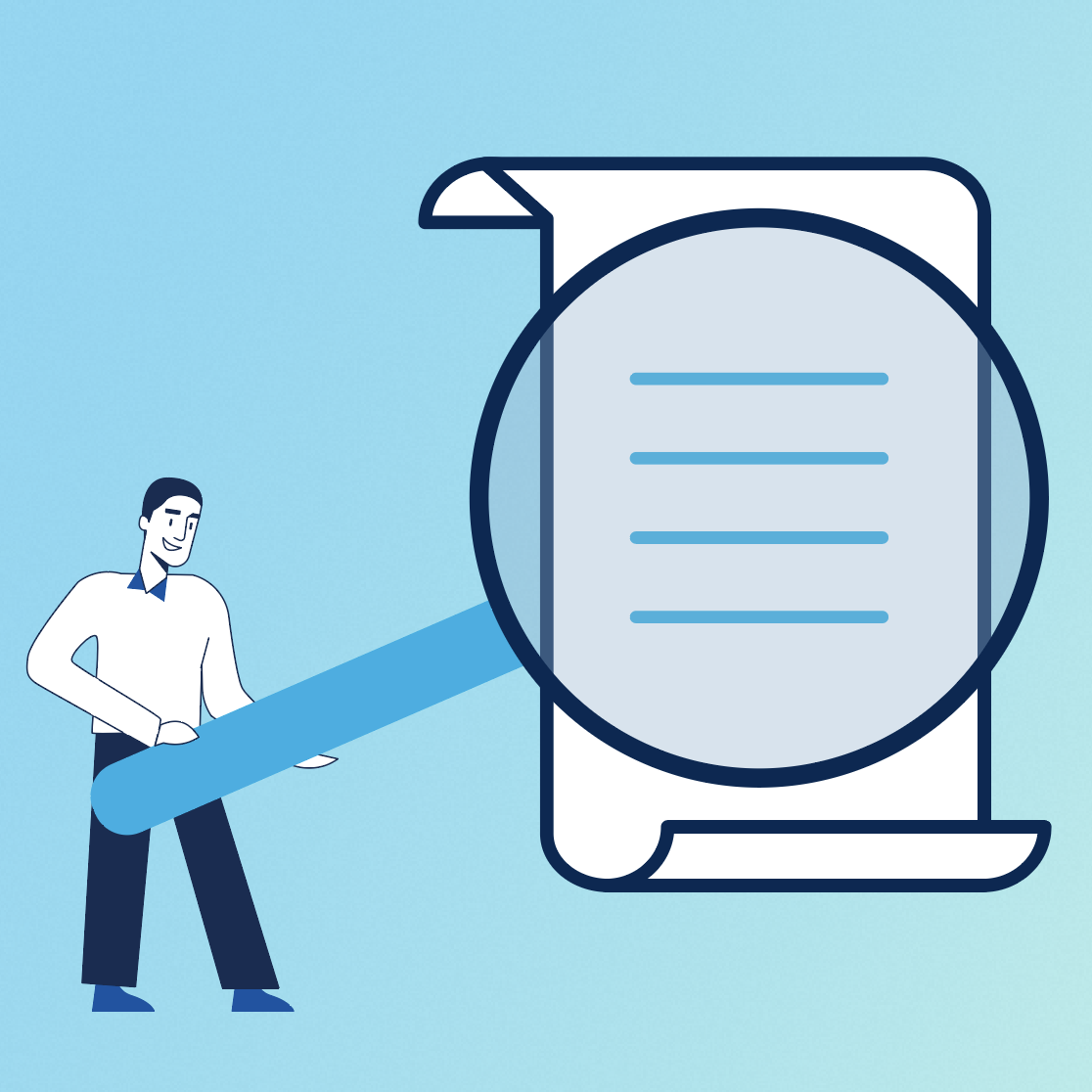Share this
by Laura Richards on October 31, 2024
Office or home? No one has answered the question yet. But while they figure it out, many companies are rearranging their portfolios by abandoning or terminating leases. According to CBRE, 58% of large companies (10,000+ employees) are planning to downsize their real estate portfolios.
"Two of the more relevant questions that continue to be asked [are] where will our employees work? And to what extent will the company's future strategy rely on brick-and-mortar real estate?" said Tim Kolber, Managing Director of Accounting and Reporting Advisory Services at Deloitte
Some of the most challenging tasks for lease accountants are lease abandonments, lease impairments and lease terminations. Each of these situations requires unique lease accounting solutions. To work through them, accounting teams need a high level of expertise and reliable ASC 842 software.

Had enough of office doom and gloom?
Six Commercial Real Estate Trends to Make You Feel Optimistic
Lease abandonments
What is a lease abandonment?
Lease abandonment happens when a tenant leaves a rented property before the lease ends and does not plan to return.
Several factors could drive this decision. A global pandemic comes to mind. Other examples include business closures, relocation or a strategic decision to downsize.
The lease accountant's role:
Lease accountants must carefully assess the financial implications of an abandoned lease. Key tasks include:
- Identifying abandonment indicators: Lease accountants use lease accounting software to monitor leases for signs of abandonment, such as ceased operations at the premises or non-payment of rent.
- Determining financial impact: Lease accountants calculate the impact of abandonment on the company’s financials. This often involves recognizing a loss on the abandoned lease asset, remeasuring lease liabilities and derecognizing any related right-of-use (ROU) assets.
- Adjusting the balance sheet: Once abandonment is confirmed, the lease accountant will adjust the lease liabilities and ROU assets on the balance sheet. If the asset is impaired, this will also need to be accounted for.
- Disclosures: In accordance with IFRS 16 and ASC 842 compliance, the lease accountant must ensure that the appropriate disclosures are made in the financial statements. The audit trail must include details on the nature and financial impact of the abandonment.
Lease impairments
What is a lease impairment?
A lease impairment occurs when the value of a leased asset has declined significantly below its carrying amount. This can result from changes in market conditions, physical damage to the property or economic shifts that affect the value of the lease.
The lease accountant's role:
Lease impairments require careful evaluation, and the lease accountant's responsibilities include:
- Assessing triggering events: Lease accountants must be vigilant for indicators that a lease asset might be impaired. This could include a decline in the economic benefits of the leased property or unfavorable changes in the business environment.
- Valuation of the asset: If impairment is suspected, the lease accountant will need to revalue the ROU asset. This involves determining the fair value of the asset, typically through discounted cash flow methods or market comparisons.
- Recording impairment losses: If the carrying amount of the ROU asset exceeds its fair value, the lease accountant records an impairment loss in the financial statements. This loss reduces both the ROU asset and the company's equity.
- Updating future lease expenses: After an impairment, the lease accountant must adjust future amortization and interest expenses on the ROU asset to reflect its impaired value. This requires ongoing monitoring and adjustments as market conditions or asset values change.
- Financial reporting and disclosures: Proper disclosure of impairment events and their financial impacts is critical. Lease accountants ensure these are accurately represented in accordance with GAAP or IFRS standards so there are no hiccups during the audit process.
Lease terminations
What is a lease termination?
Lease termination occurs when a lease is ended before the expiration date. This happens either through mutual agreement, a default or the exercise of a termination clause in the lease agreement.
The lease accountant's role:
Lease terminations require significant financial adjustments for both finance and operating leases. The lease accountant's responsibilities include:
- Reviewing the termination terms: Lease accountants must understand the termination terms of the lease contract to ensure the financial implications are accurately recorded. This includes assessing any penalties or costs associated with the termination.
- Derecognition of lease assets and liabilities: Upon termination, the lease accountant will derecognize the ROU asset and lease liability from the balance sheet. Any difference between these amounts and any termination fees must be recorded as a gain or loss.
- Settlement accounting: If the termination involves settlement payments, the lease accountant must record these payments and ensure they are reflected in the financial statements.
- Disclosure requirements: Lease terminations often have significant impacts on the financial statements. Lease accountants are responsible for ensuring the company provides clear disclosures regarding the nature of the termination, the financial impact and any future commitments related to the termination.
Lease accountants play a critical role in managing the financial complexities of lease abandonments, impairments and terminations. Their expertise ensures that these events are accurately reflected in the company’s lease data, mitigating risk and ensuring compliance with accounting standards.
But human error is still a risk. Lease accounting software solutions like CoStar Real Estate Manager can ensure that your data is accurate, auditable and in compliance.

Learn more about the CoStar platform
Your total lease lifecycle solution
The combination of the lease accountant alongside a strong lease accounting tool are more important than ever in maintaining financial integrity and transparency.
By understanding the intricacies of these processes, lease accountants help businesses make informed decisions, manage risks and maintain compliance with lease accounting standards, making their role indispensable in modern lease management.
Share this
- Lease Accounting Software (90)
- ASC 842 (83)
- Accounting Teams (53)
- Lease Administration Software (27)
- Retail Tenants (16)
- Commercial Real Estate (14)
- Lease Management (13)
- Real Estate Teams (10)
- ESG (8)
- Market Data and Analytics (8)
- Success Stories (8)
- News and Media Coverage (5)
- Transaction Management Software (2)
- frs 102 (2)
- Customer Success (1)
- Office Tenants (1)
- December 2025 (1)
- September 2025 (1)
- July 2025 (2)
- June 2025 (4)
- May 2025 (2)
- April 2025 (2)
- March 2025 (6)
- February 2025 (3)
- January 2025 (4)
- December 2024 (1)
- October 2024 (4)
- September 2024 (2)
- August 2024 (4)
- July 2024 (3)
- June 2024 (3)
- May 2024 (4)
- April 2024 (1)
- February 2024 (1)
- December 2023 (4)
- November 2023 (6)
- October 2023 (4)
- September 2023 (2)
- August 2023 (2)
- July 2023 (3)
- May 2023 (2)
- March 2023 (1)
- February 2023 (3)
- January 2023 (1)
- December 2022 (3)
- November 2022 (4)
- October 2022 (4)
- September 2022 (1)
- August 2022 (4)
- June 2022 (1)
- May 2022 (4)
- April 2022 (8)
- March 2022 (3)
- February 2022 (1)
- January 2022 (2)
- November 2021 (2)
- October 2021 (2)
- September 2021 (3)
- August 2021 (15)
- July 2021 (3)
- June 2021 (1)
- May 2021 (1)
- April 2021 (3)
- March 2021 (1)
- January 2021 (1)
- December 2020 (3)
- November 2020 (1)
- October 2020 (2)
- September 2020 (2)
- August 2020 (3)
- July 2020 (2)
- June 2020 (3)
- May 2020 (1)
- April 2020 (1)
- March 2020 (1)
- February 2020 (1)
- December 2019 (1)
- October 2019 (1)
- September 2019 (2)
- August 2019 (3)
- July 2019 (2)
- April 2019 (69)
- October 2018 (1)
- August 2018 (1)
- July 2018 (1)
- June 2018 (1)
- May 2018 (1)
- April 2018 (2)
- March 2018 (3)
- February 2018 (2)
- December 2017 (1)
- August 2017 (3)
- June 2017 (2)
- May 2017 (2)
- April 2017 (1)
- March 2017 (2)
- January 2017 (2)
- November 2016 (2)
- July 2016 (1)
- June 2016 (1)
- July 2015 (1)
- March 2015 (1)
- June 2014 (1)
- April 2014 (11)
- October 2011 (1)
You May Also Like
These Related Stories

The Role of Lease Accountants in Mergers and Acquisitions

Don’t Let Lease Accounting Software Catch You Off Balance




